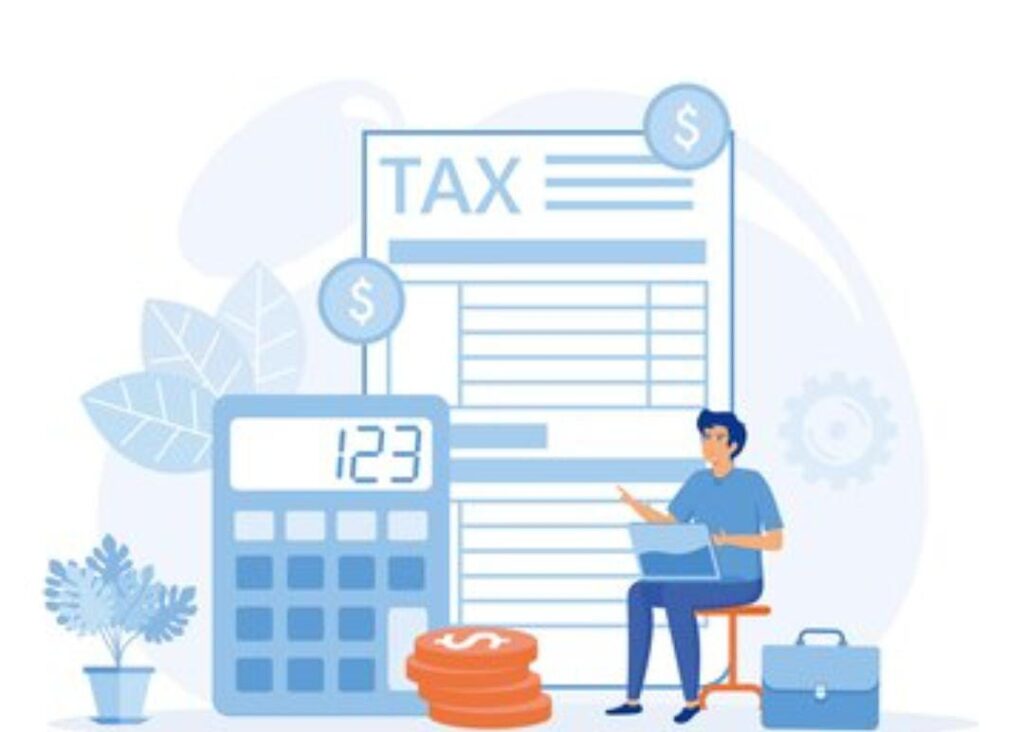
Restriction on Unfair GST Demand Recovery: GST Officials Now Require Higher Authority Approval for Actions Within 3 Months of Demand
By: Admin
June 15, 2024
Categories: GST Recent News
4 Min Read

If you receive a GST demand order, you have two options: either file an appeal or pay the demanded amount. However, GST officials can request payment before the usual three-month period if they believe it is necessary “in the interest of revenue.” This provision has been misused by some GST field officers. To prevent this, the Central Board of Indirect Taxes & Customs (CBIC) has issued new guidelines requiring prior approval from a higher authority before initiating demand recovery.
How will the guideline on demand recovery proceedings work?
According to a CBIC circular issued on May 30, 2024, some GST field officers have initiated GST demand recovery proceedings prematurely, citing the “interest of revenue,” even when it was not necessary. To prevent the undue harassment of taxpayers, the CBIC has issued new guidelines. These guidelines require GST officers to obtain approval from higher authorities before initiating recovery proceedings within the three-month period after issuing a GST demand notice.
Under these guidelines, a GST proper officer must present a justification to the jurisdictional principal commissioner or commissioner of central tax for initiating early recovery proceedings. The higher authority will review the justification and must be satisfied with the reasons before approving the early recovery action.
An expert explains the reasoning behind the new guidelines: “The primary reason for issuing this instruction is the ambiguous interpretation of ‘interest of revenue’ by the department. The term has been used without proper basis, leading to premature demands for payment. The guidelines aim to ensure that such directions are issued only when justified by credible evidence.”
What reasons constitute ‘interest of revenue’ according to CBIC?
The CBIC circular outlines situations that could constitute an ‘interest of revenue,’ such as:
The taxable person may close their business operations soon.
The taxable person is experiencing declining financial conditions, raising the possibility of default.
Impending insolvency or likely initiation of proceedings under the Insolvency and Bankruptcy Act.
The circular emphasizes that reasons for early payment must be based on credible evidence and not issued mechanically. They should only be applied when specific circumstances justify safeguarding revenue.
What do the new guidelines say about GST demand orders?
The CBIC guidelines, issued on May 30, 2024, specify the procedures and hierarchy for initiating recovery before the three-month period:
Recovery proceedings under Section 79(1) of the CGST Act are to be conducted by the jurisdictional deputy or assistant commissioner of central tax.
If early recovery is deemed necessary, the matter must be presented to the jurisdictional principal commissioner or commissioner of central tax with proper justification.
The higher authority will review the reasons and, if convinced of the need for early recovery, will document the justification and direct the deputy or assistant commissioner to proceed.
The principal commissioner or commissioner must provide specific reasons for early payment, clearly outlining the circumstances necessitating such action.
Impact of the new guidelines:
Experts believe these guidelines are beneficial for taxpayers who have faced premature demands for payment. The CBIC’s efforts to clarify situations requiring early recovery, supported by credible evidence, should alleviate concerns for genuine taxpayers and curb the overreach of certain tax authorities.
Tax experts highlight that these guidelines offer significant relief, helping taxpayers who face simultaneous demand orders and recovery notices despite having the option to appeal. The new guidelines are expected to reduce the burden on taxpayers and ensure fair treatment.
What options do you have once you receive a GST demand notice?
According to an advocate, once a GST demand order is confirmed, you have two options: challenge the order through an appeal or pay the demanded amount. You are given three months from the date of communication to either accept the demand or file an appeal. If you file an appeal, you must pay the pre-deposit amount as required by GST law, and the demand is stayed pending the appeal’s outcome. If you do not appeal within three months, Sections 78 and 79 allow GST officers to initiate recovery actions.
If a taxpayer neither appeals nor pays the GST liability, tax officers can enforce recovery through methods such as garnishee proceedings, detainment and sale of goods, distraint of property, or recovery through the Collector or Court as arrears of land revenue or fines.